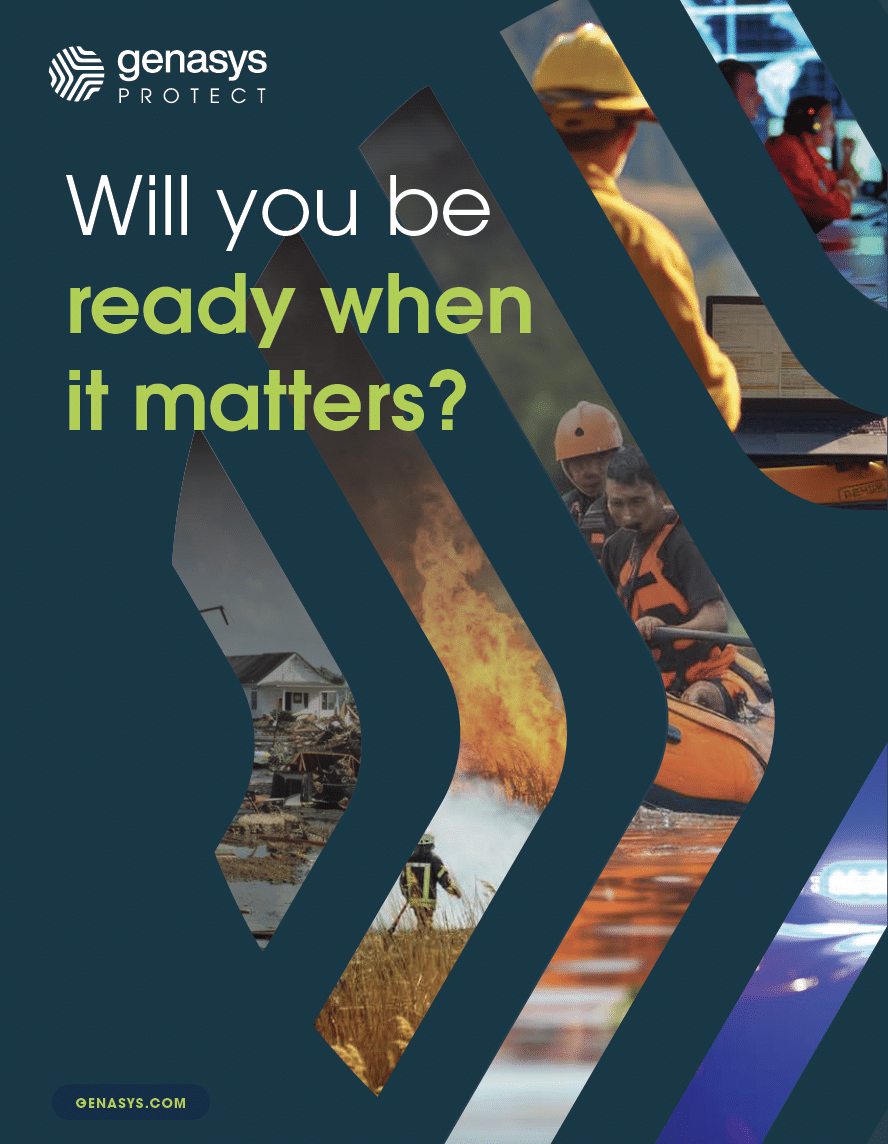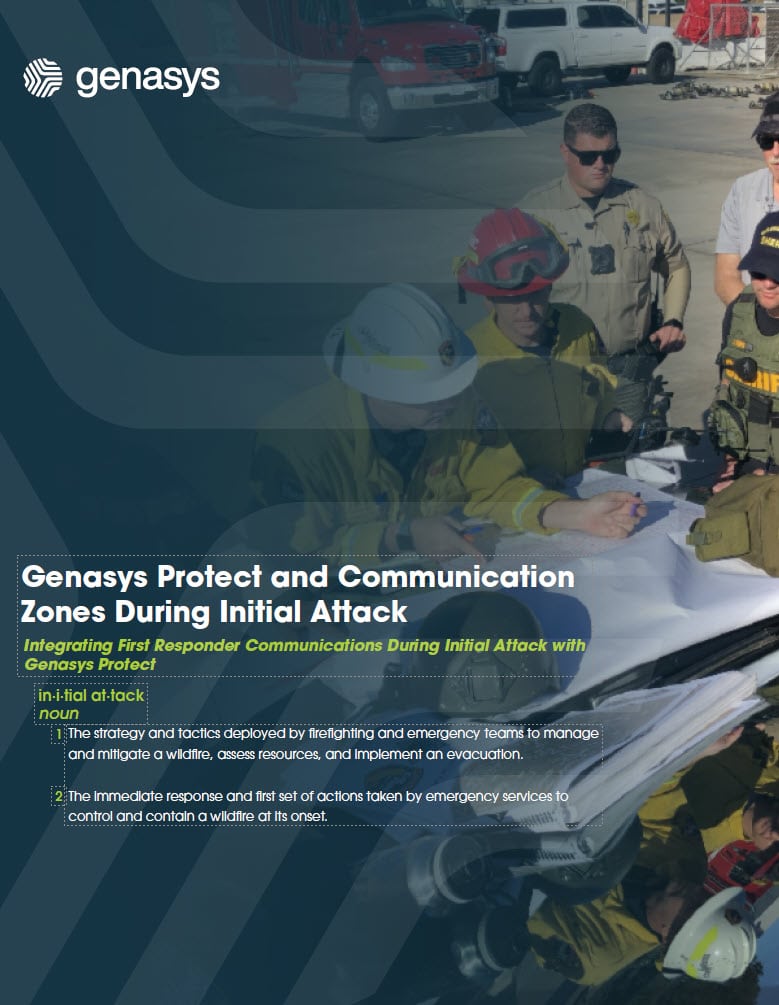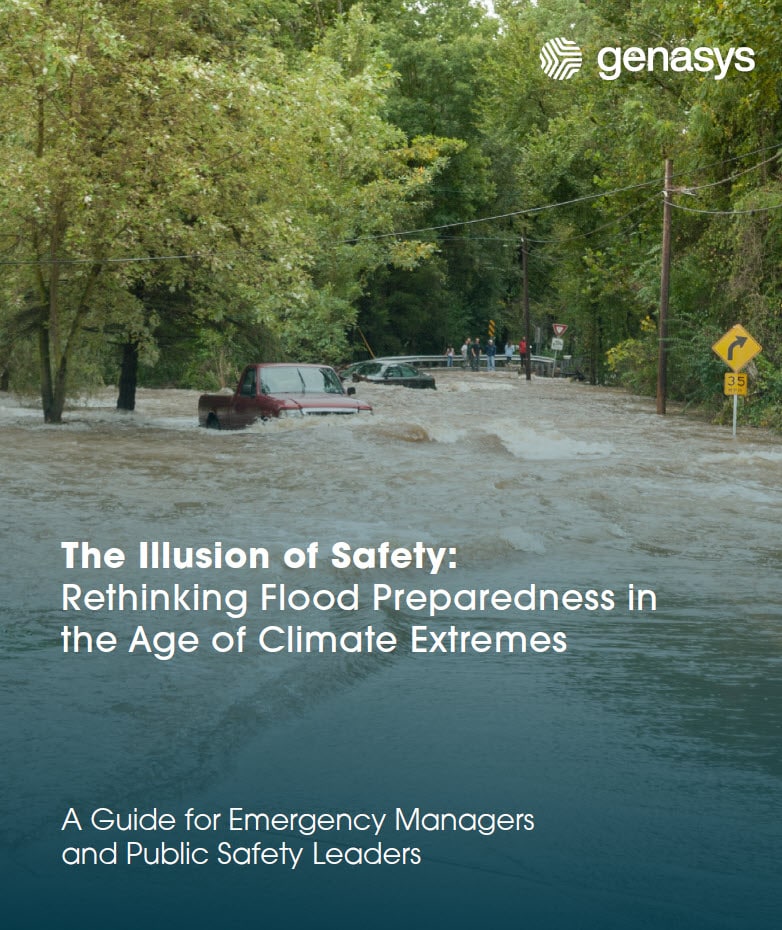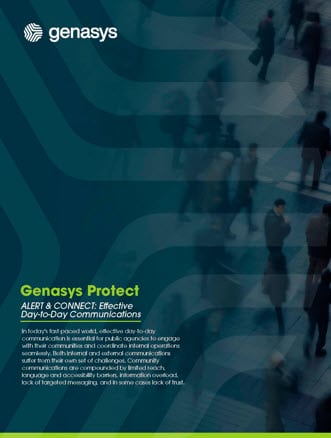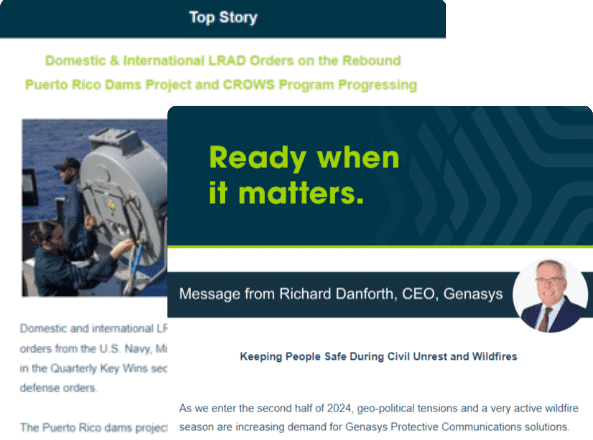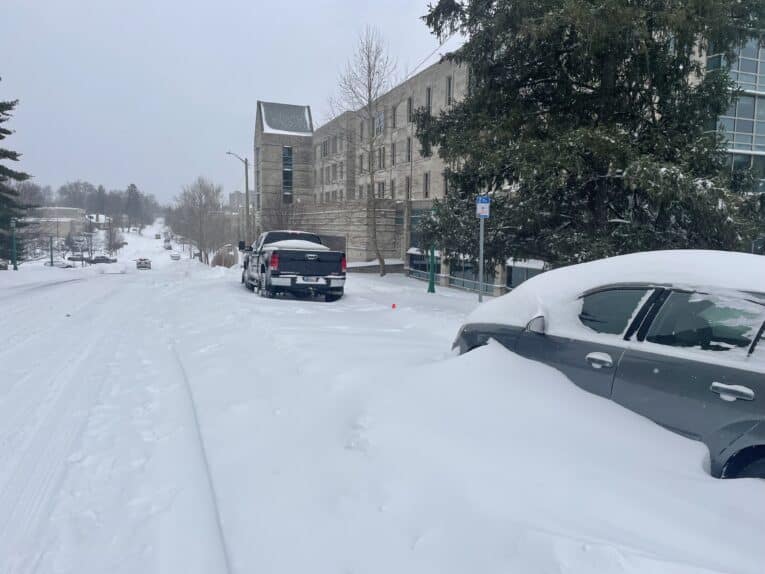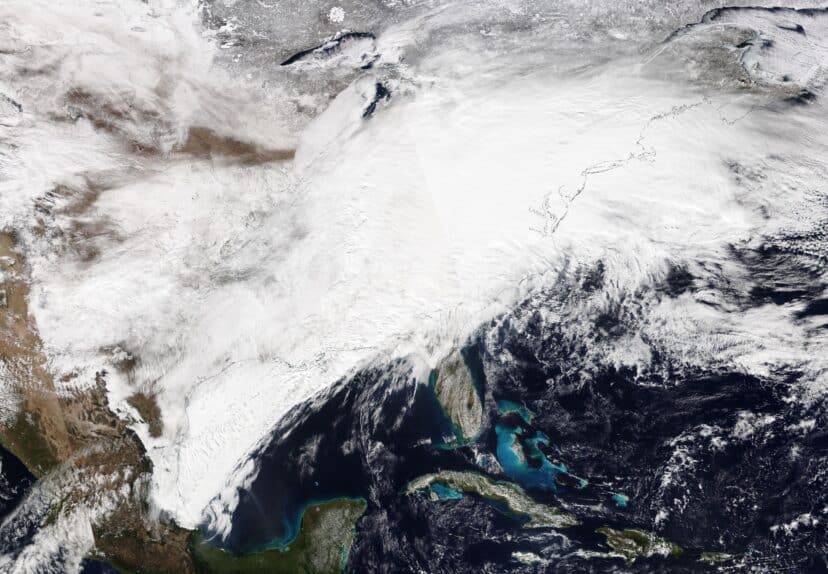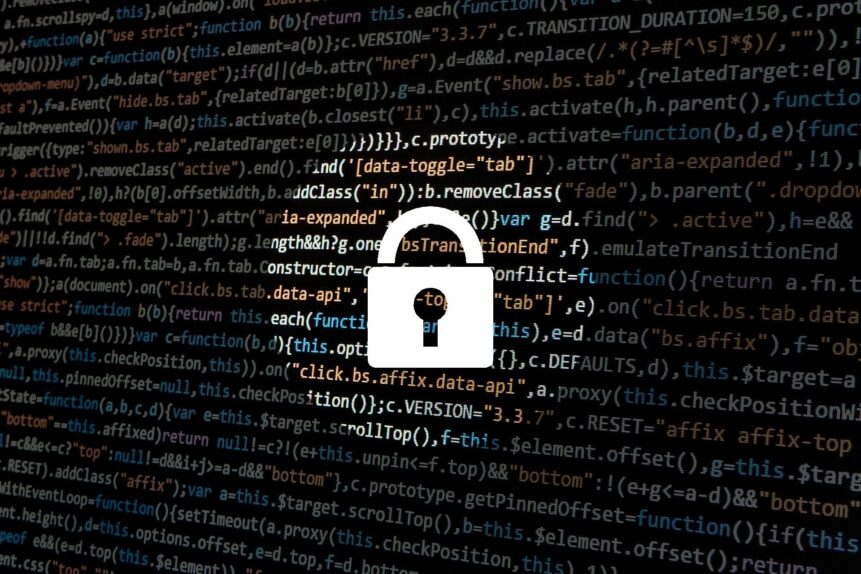By Chief Jeff Halstead (Ret.)
As severe weather season approaches, emergency management teams are gearing up to ensure communities are prepared for potential storms. To shed light on effective severe weather preparedness strategies, we turned to public safety experts who have firsthand experience.
Three Key Ways Emergency Teams Improve Their Severe Weather Preparedness:
Planning and Preparedness
Planning and preparedness are essential components of effective response to severe weather. Conducting table-top exercises before the storm season begins provides an opportunity for emergency teams to review lessons learned from past incidents and update contact information for critical stakeholders.
Additionally, hosting training exercises and simulating responses to severe weather incidents allows teams to test communication systems and evaluate resource needs for evacuations and emergency shelter.

Reviewing Response Protocols
Despite the importance of preparing your agency and team, the unexpected nature and wide-reaching impact of severe weather events creates challenges. One common issue is the failure to host training scenarios with all regional partners and agencies, leading to confusion and miscommunication. Responding to severe weather or natural disasters will often involve many agencies working together across jurisdictional boundaries. Ensuring communication avenues, procedures, and hierarchies are established ahead of time is key to responding quickly.
Testing ALL Communications
Having a strong communication platform is critical for effective response to severe weather emergencies. Internally, rapid information sharing can mean the difference between life and death, necessitating a platform with mission-critical notification systems. Externally, agencies must identify methods for public notifications.
Reliance on mass emails for updates can result in information being ignored or lost amidst the volume of communication during emergencies. Another challenge is the lack of truly interoperable radio systems, which can cause agencies to inundate 911 call centers with informational requests. This again reinforces the need for effective channels that do not suffer from these issues.
Additionally, secure communication platforms are essential for coordinating response efforts, engaging federal resources, and managing volunteers. It’s crucial to avoid consumer apps, as they may compromise data ownership and security.
To Sum up
In conclusion, experts highlighted the importance of proactive preparedness and effective communication in mitigating the impacts of severe weather events. By implementing these strategies and leveraging strong communication platforms, emergency management teams can enhance their readiness and response capabilities, ultimately saving lives and protecting communities.
Do you want to be ready with tools that will help? Reach out to us to learn more.



